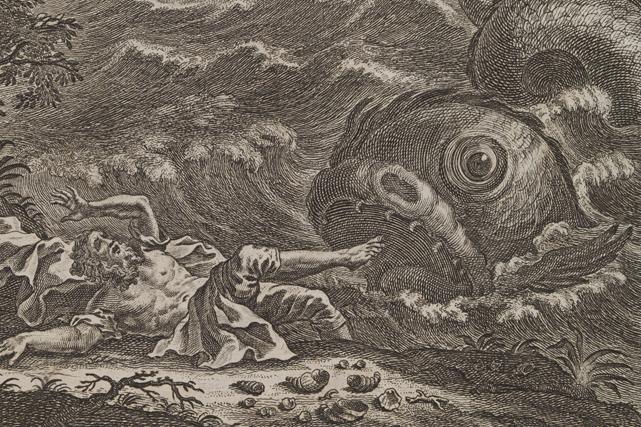Originally posted by Colon™
Which sounds like a bull**** theory to me, unless you can show the cottage industry couldn't simply grow in proportion to overall population growth (didn't it after all have more working hands available?). At one time economic historicians claim population decreases led to economic (productivity) progress* and the other time they do the exact opposite.
*the black death supposedly had this effect because there were fewer people around to do all the work - as if less people to produce doesn't also mean less people to consume.
Which sounds like a bull**** theory to me, unless you can show the cottage industry couldn't simply grow in proportion to overall population growth (didn't it after all have more working hands available?). At one time economic historicians claim population decreases led to economic (productivity) progress* and the other time they do the exact opposite.
*the black death supposedly had this effect because there were fewer people around to do all the work - as if less people to produce doesn't also mean less people to consume.
The argument should be, could industrialisation have happened without an increased population (and with the historically much higher percentage of people working in agriculture).
I may be wrong, but I would think mass production needs mass markets. Or at least, the larger the market the more effective the use of such industrial techniques. You are the economist, you tell me.
The final point seems a bit odd to me - did the black death lead to industrialisation? No, so it doesn't suggest decreasing population leads to industrial processes. It lead to economic change, but my knowledge of what that entails is limited. Most of my recalled knowledge is limited to 18th/19th century British socio-economic history.


Comment